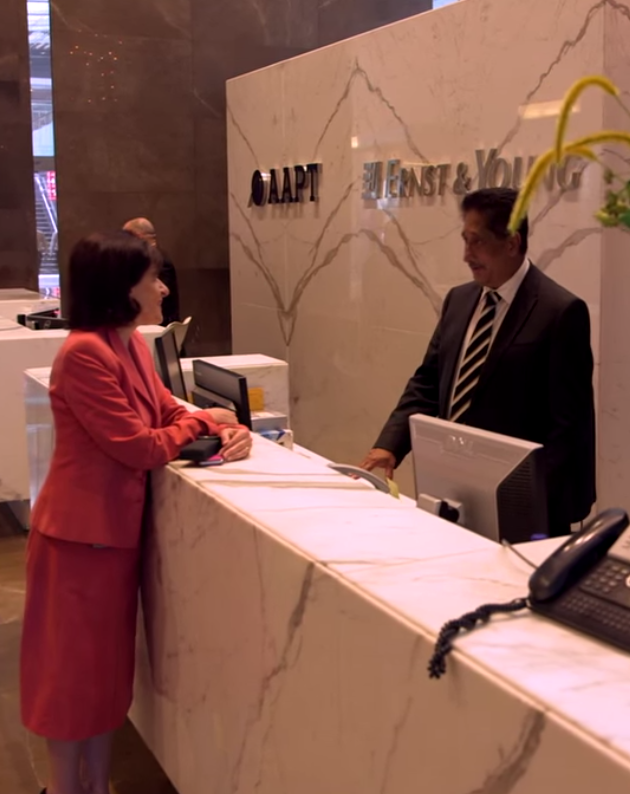Cultural spread is just good business
 Some major Australian companies will soon appear in an ad campaign plugging the benefits of a culturally-diverse workforce.
Some major Australian companies will soon appear in an ad campaign plugging the benefits of a culturally-diverse workforce.
The Discover Diversity campaign has been developed by the Migration Council of Australia, following surveys that found Australia is not reaping the benefits of its cultural diversity.
Chief Executive of the Diversity Council of Australia, Lisa Annese, told reporters this week that diverse workforces are good for workers and the business’ bottom line.
“You actually are able to deliver better outcomes and these can be clearly identified in return on investment and increases in share price and those sorts of things,” Ms Annese said.
“So, organisations with more diverse boards actually perform better financially than organisations with homogenous boards.”
“All the evidence shows that a culturally-diverse workforce and that diversity in general really helps in terms of innovation and in terms of diversity of thought and that's a fantastic business asset and one that Australia should be capitalising on,” said Migration Council chief Carla Wilshire.
One of the key faces of the campaign is the Asia-Pacific Chair of the professional services firm EY, Michael Wachteland.
“Bringing diverse backgrounds, people, perspectives to any issue gives you a better potential for better outcomes, in fact, in our case for our clients,” Mr Wachteland said.
“But if you think of EY as a global organisation with over 190,000 people in 150 countries, if we were not able to have a diverse workforce in Australia we wouldn't necessarily be reflecting the reality of the global marketplace that we operate in.”
The national TV campaign will feature some of Australia’s largest employers.
“We believe cultural diversity at ACCOR is critical to our business. Cultural diversity at Optus is good business. We're part of a company that has over half a billion customers globally. Cultural diversity is one of the most important success factors for the Commonwealth Bank. Diversity is massively important for a company like Santos, first of all it makes it a joy to work in a company with diverse cultures,” the script reads.
Lisa Annese said one of the challenges the ads seek to face is the narrow definition of what leadership success looks like.
“If you were to ask groups of executives what defines merit, they would probably define merit through their own lens and so what happens is you have a stereotype of what leadership looks like and that naturally excludes all other people who are different from that dominant group,” she said.
“So it has an impact on people from non-Anglo and non-Celtic backgrounds, it also has an impact on other non diverse groups such as women, people with disabilities, people from the LGBTI community, people outside the desired age group range etc.”







 Print
Print